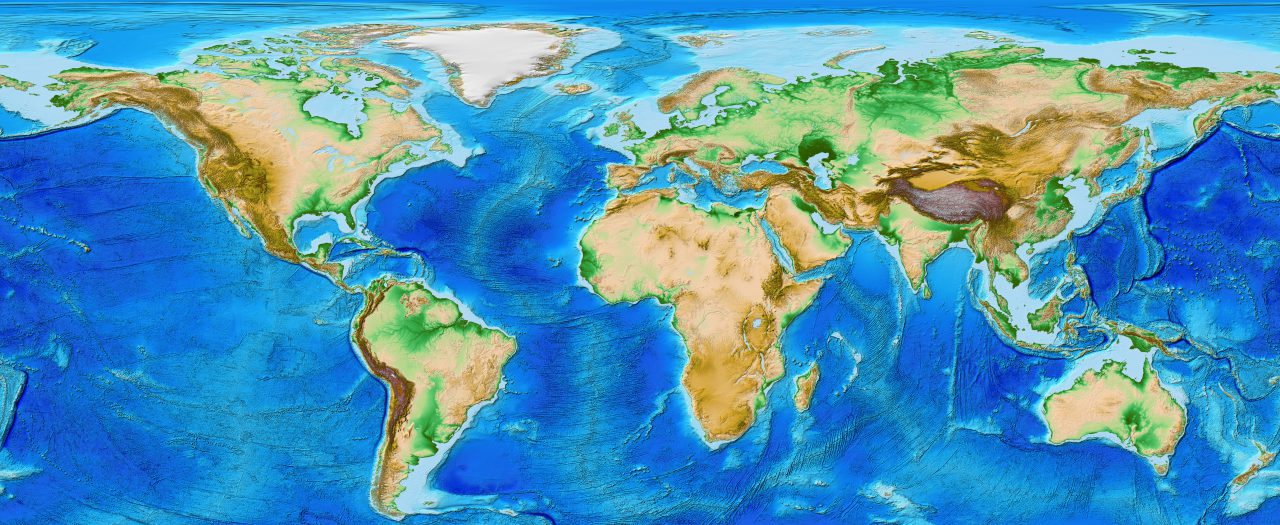PhD, University of Miami RSMAS

Bio: I’m an assistant scientist at UM/RSMAS studying the CO2 system in the ocean. I became interested in marine science late in my undergraduate program when I got the chance to study abroad in Western Australia and enroll in an introductory marine science class. I learned how the natural and physical sciences merge in the ocean, and my course was set! Now I am examining the ocean’s capacity to uptake atmospheric CO2 – the biological and physical constraints on this process, and vice versa. I love drawing from physical science to understand the natural world.
When I was working towards my PhD at RSMAS, I got to participate in a number of CLIVAR/GO-SHIP cruises to measure CO2 (pH/TA). These cruises offer the exceptional opportunity to examine the changing state of the ocean, while traveling to distant lands and experiencing some unique days at sea. I am excited to generate data that will help us trace the fate of anthropogenic carbon.
What I’m doing on this cruise: When gaseous molecules of CO2 from the air enter the ocean, they react with water to form an acid, which leads to a measurable decrease in ocean pH. This process, termed ocean acidification, has many implications for life in the sea and for global climate. My lab group will be measuring pH and Total Alkalinity to study CO2 in the ocean.
The CO2 system is considered fully characterized when these 4 parameters are known:
1) pCO2 (partial pressure of CO2), 2) Total CO2 (TCO2), also known as Dissolved Inorganic Carbon (DIC), 3) pH, and 4) Total Alkalinity. These 4 parameters are closely linked; such that if we measure 2 parameters, the remaining 2 can be calculated based on their known relationships. Our lab will measure pH and Total Alkalinity, and the lab of NOAA will measure DIC. We will then combine our results to calculate any missing variables (e.g., pCO2), test our theoretical accuracy, and fully characterize the CO2 system from the surface to (near) the sea floor.
